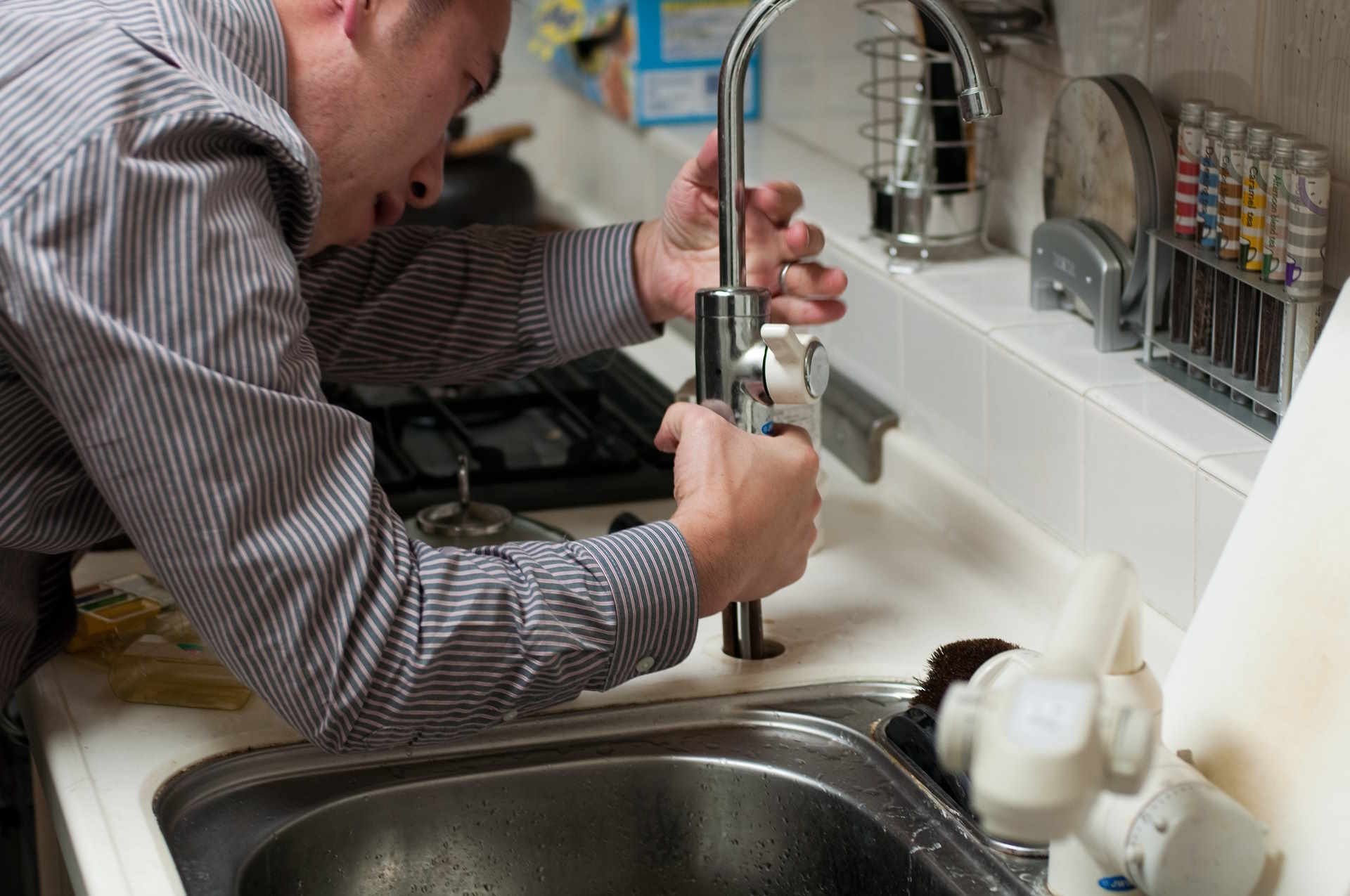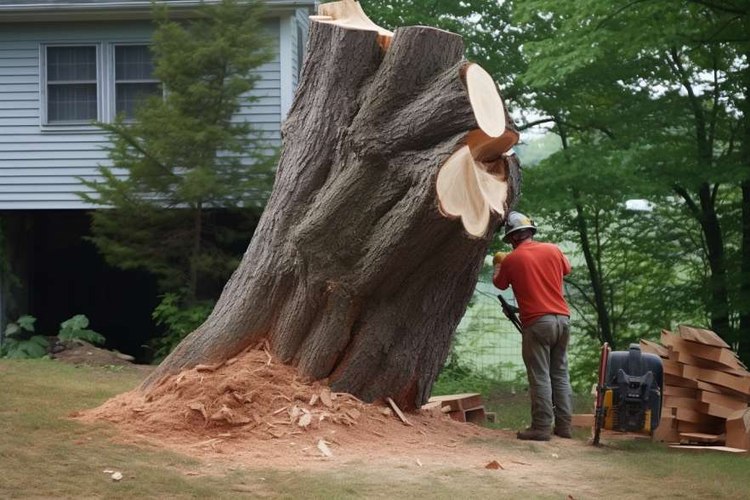Plumbing Emergencies: When to Act Fast and What to Expect
Plumbing emergencies can strike at any time, turning a normal day into a stressful situation that requires immediate attention. Whether it's a burst pipe flooding your basement or a complete sewer backup, knowing when to call for professional help can save you thousands of dollars in damage and prevent potential health hazards. Understanding the difference between a minor inconvenience and a true emergency is crucial for every homeowner.
When to Call an Emergency Plumber
Certain plumbing situations demand immediate professional intervention, regardless of the time of day. A burst pipe that’s actively flooding your home requires emergency service, as does a complete loss of water supply during extreme weather conditions. Sewage backups present serious health risks and should never be handled as a DIY project. Gas line leaks, indicated by the smell of rotten eggs or hissing sounds near gas appliances, require immediate evacuation and professional repair. Water heater failures that involve gas leaks, electrical issues, or flooding also warrant emergency calls. If you notice water damage spreading to electrical outlets or appliances, don’t hesitate to contact an emergency plumber while also shutting off your home’s main electrical supply.
Understanding Plumbing Emergencies
True plumbing emergencies share common characteristics that distinguish them from routine repairs. They typically involve active water damage, pose immediate health or safety risks, or completely disrupt essential home functions. Emergency situations often escalate quickly, meaning that waiting until business hours can result in exponentially more damage and higher repair costs. Weather-related emergencies, such as frozen pipes that have burst during winter storms, require immediate attention to prevent structural damage. Additionally, any plumbing issue that affects multiple fixtures simultaneously or involves your home’s main water line usually qualifies as an emergency requiring professional expertise.
Identifying a Plumbing Emergency
Learning to recognize emergency warning signs helps homeowners respond appropriately and quickly. Water appearing where it shouldn’t, such as pooling around your water heater or seeping through walls and ceilings, indicates serious problems. Sudden drops in water pressure throughout your home or complete loss of hot water can signal major system failures. Strange sounds like banging pipes, continuous running water, or gurgling from multiple drains often precede more serious issues. Foul odors, particularly sewage smells or gas odors, should never be ignored. Water discoloration, especially if it’s brown or has a metallic taste, can indicate pipe corrosion or contamination that requires immediate professional assessment.
Preparing for a Plumbing Emergency
Smart preparation can minimize damage and reduce stress when plumbing emergencies occur. Every household member should know the location of the main water shutoff valve and how to operate it quickly. Keep a basic toolkit accessible, including a plunger, pipe wrench, and flashlight for initial assessment. Maintain a list of emergency contacts, including a reliable 24-hour plumbing service, and store it in an easily accessible location. Document your plumbing system with photos showing pipe locations, water heater specifications, and shutoff valve positions. Consider installing water leak detectors near high-risk areas like water heaters, washing machines, and under sinks. Regular maintenance, including annual professional inspections, can prevent many emergencies from occurring.
Managing Common Plumbing Issues
While not all plumbing problems constitute emergencies, knowing how to handle common issues can prevent them from escalating. Clogged drains often respond to plunging or drain snakes, but avoid chemical drain cleaners that can damage pipes. Running toilets usually involve simple flapper or chain adjustments that homeowners can manage. Low water pressure might indicate clogged aerators or showerheads that can be cleaned with vinegar solutions. However, if these common issues occur simultaneously across multiple fixtures, persist despite basic troubleshooting, or worsen rapidly, they may indicate larger system problems requiring professional diagnosis and repair.
Emergency plumbing services typically charge premium rates due to their 24/7 availability and rapid response times. Most emergency plumbers charge between $150-$450 for service calls, with hourly rates ranging from $100-$250 depending on your location and the complexity of the issue. Major repairs like pipe replacements or sewer line work can cost significantly more during emergency calls.
| Service Type | Average Emergency Cost | Regular Hours Cost | Time Savings |
|---|---|---|---|
| Burst Pipe Repair | $300-$800 | $200-$500 | Prevents flood damage |
| Sewer Backup | $500-$1,500 | $350-$1,000 | Prevents health hazards |
| Water Heater Emergency | $400-$1,200 | $300-$900 | Restores hot water |
| Drain Clearing | $200-$500 | $100-$300 | Prevents overflow |
Prices, rates, or cost estimates mentioned in this article are based on the latest available information but may change over time. Independent research is advised before making financial decisions.
Understanding plumbing emergencies and knowing when to call for professional help protects your home and family from serious damage and health risks. While emergency services cost more than regular repairs, the expense of waiting can far exceed the premium you’ll pay for immediate professional intervention. Keep emergency contact information readily available, learn your home’s plumbing basics, and don’t hesitate to call professionals when facing true emergencies. Quick action and proper preparation make the difference between a manageable repair and a devastating home disaster.





